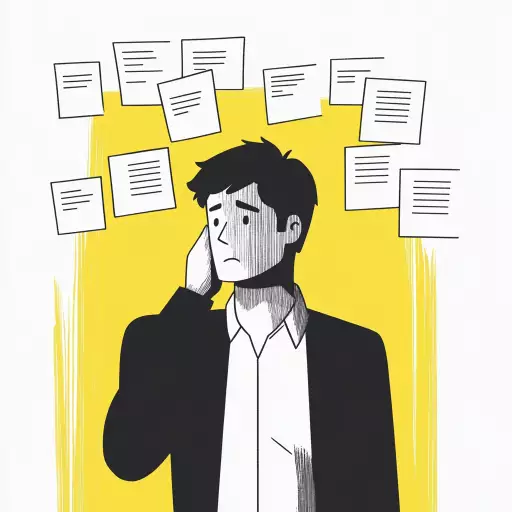Explore the Best AI Image Gallery

AI Art: A New Brushstroke in the Marketing Canvas
The marketing landscape is constantly evolving, seeking new and innovative ways to capture attention and engage audiences. Enter artificial intelligence (AI), not just as a data-driven tool but also as a creative force. AI image generation, a rapidly advancing field, is poised to revolutionize how brands tell their stories and connect with consumers.
The Rise of the Algorithmic Artist
AI image generators, powered by complex algorithms and vast datasets, can produce stunning visuals ranging from realistic photographs to abstract art. These tools empower marketers to:
- Create Unique Visual Content: Generate custom images tailored to specific marketing campaigns, product launches, or social media posts.
- Personalize Brand Experiences: Craft dynamic and personalized visuals that resonate with individual customer segments.
- Streamline Design Processes: Speed up the creative workflow by automating image generation tasks, freeing up designers for more complex projects.
Potential Applications in Marketing
The possibilities for AI-generated art in marketing are vast and diverse:
- Advertising & Social Media: Design eye-catching ads, create shareable content, and develop immersive social media experiences.
- Product Visualization: Showcase product designs, variations, and customization options in engaging visuals.
- Website & Email Marketing: Enhance website layouts with unique imagery, personalize email campaigns with targeted visuals.
- Content Creation: Generate illustrations, infographics, and other visual assets to accompany blog posts, articles, and reports.
Navigating the Ethical Landscape
While AI image generation presents exciting opportunities, it also raises ethical concerns that marketers must address:
- Copyright & Ownership: Questions arise about the ownership and copyright of AI-generated art. Who holds the rights – the creator of the algorithm, the user, or the AI itself?
- Bias & Representation: AI models are trained on existing datasets, which may contain biases that reflect societal stereotypes. This can result in unfair or discriminatory representation in generated images.
- Authenticity & Transparency: It is crucial to be transparent about the use of AI in creating marketing materials. Consumers have a right to know when they are interacting with AI-generated content.
The Future of AI Art in Marketing
AI image generation is still in its early stages, but it is rapidly evolving. We can expect:
- More Sophisticated Algorithms: AI models will become increasingly capable of generating highly realistic and creative images.
- Increased Accessibility: User-friendly tools and platforms will make AI image generation more accessible to marketers of all skill levels.
- Integration with Other Technologies: AI art will likely be integrated with other technologies such as augmented reality (AR) and virtual reality (VR) to create immersive brand experiences.
As AI continues to advance, it is essential for marketers to embrace its potential while remaining mindful of the ethical implications. By navigating these challenges responsibly, brands can harness the power of AI art to tell compelling stories, connect with audiences on a deeper level, and shape the future of marketing.
